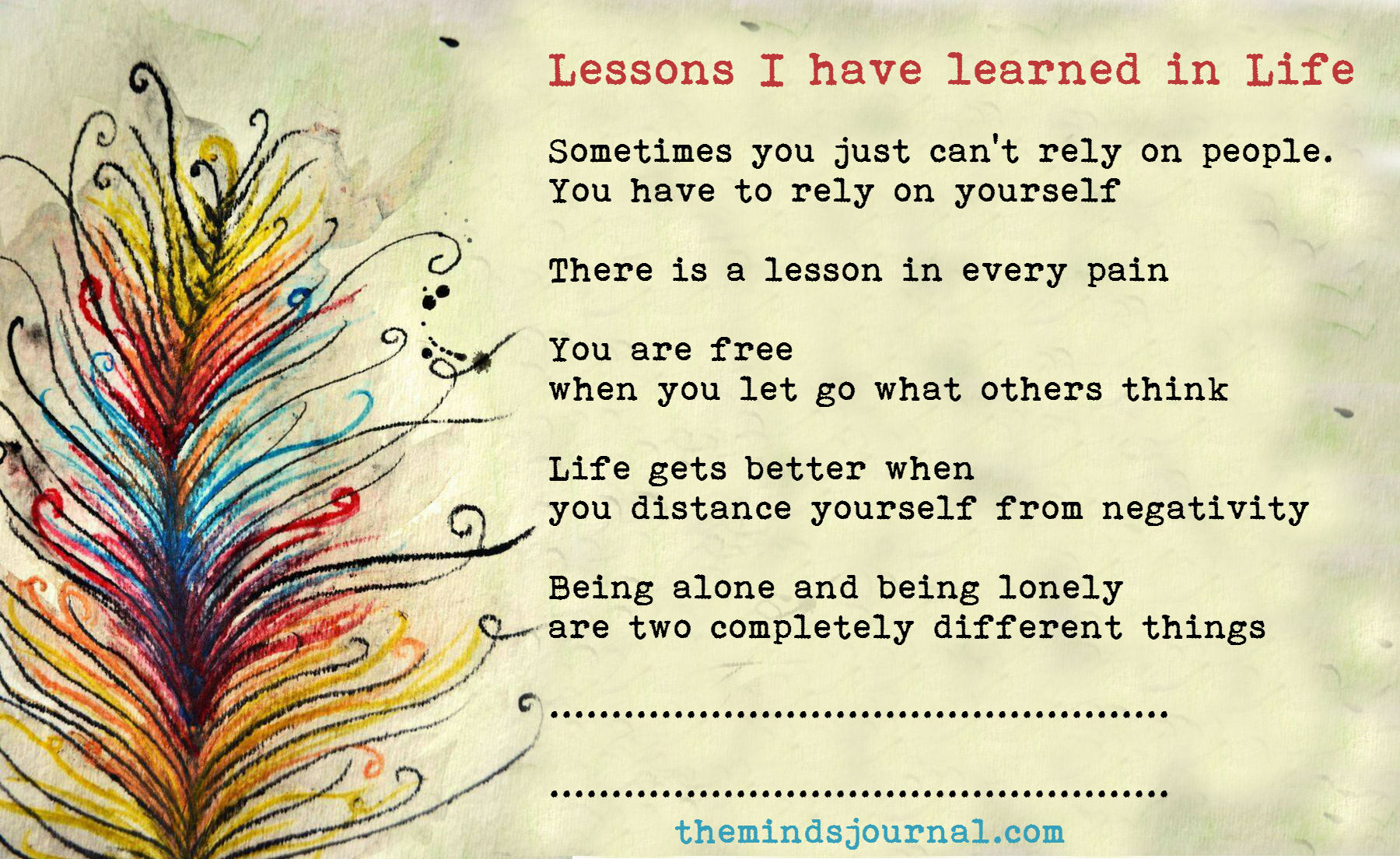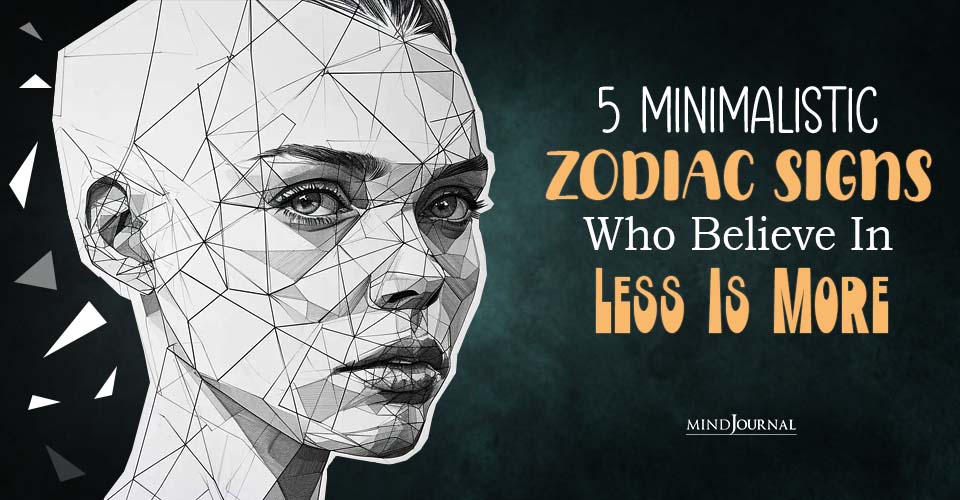Planning and organizing can be a great boost to our productivity. They can help deal with our schedules in the ever-busy human world. Mostly, we plan things out only when we focus on getting stuff done. For others, it’s a way of life. If you choose to be spontaneous, on the other hand, you will only deal with getting stuff done.
Spontaneity is very liberating, provided we have developed our inner moral code to be set on default, no matter what. Here are 16 reasons why letting the wind guide us is a great boost to our living:
1. Freedom
Being spontaneous is agreeing with our natural feeling without any external constraint. When we dance to our own beat, we feel free from all the chains binding us to what is expected of us.
2. No Overthinking or Anxiety
When living spontaneously, we don’t think of what we’ve done and what we’re going to do. We just do. We live for the moment.
3. No Opportunity Missed.
As we don’t think about the circumstances before jumping onto something (and it won’t be anything bad if our inner moral system is set on default), we don’t miss most casual opportunities life throws at us.
Read 15 Prescriptions for Happiness That Will Change Your Life
4. No Boundaries
When planning what we’re going to do to achieve something, we’ve set a goal in our minds and would be willing to do anything that leads us to the goal (which is good too, depending on the goal and the means). But when we are spontaneous, we do what we feel at the moment, and feel drawn towards the path less traveled. If we don’t know what we’re going to face, preparing our inner guide is better than planning stuff out.
5. More Flexibility
When we have a spontaneous approach towards life, we might choose the path most traveled because that is where our personal spontaneity compass is pointing towards. Always choosing the path less traveled is also a boundary we could possibly limit ourselves to.
6. Better Self-Confidence
Not only would we be comfortable walking the path less traveled, but we would also be comfortable with the path we’ve chosen spontaneously. And we would enjoy walking it our way.
7. More Creativity
For me, art has always been a way of self-expression and not a label over the list of practically useless skills to master. There could be many ways to express ourselves creatively, through sketches, doodles, poems, stories, dances, beats, etc., and when we are spontaneous, we feel comfortable trying out different ways. This form of creativity could be self-healing in a way because we aren’t “expressing ourselves” according to the “standards of creativity” set by society, but are expressing ourselves the way we feel empowered.
8. Not Restricted by Social Stereotypes
Society loves labeling people. Our egos like to wear labels. It gives us a sense of identity we could relate ourselves to and a more established term by which we can be recognized by society. These labels can help give us directions when we are lost, but we mostly just let it give us all the directions. Spontaneity is not caring which stereotype we fall under and doing it our way nevertheless.
9. Better Intuition
We are more in tune with our intuition because it is the force that drives our personal spontaneity compass. Moreover, our intuition would work according to our moral system if we missed setting it to default.
10. Better Conversations
By developing our powers of randomness and intuition, we have better conversations. We seldom run out of topics, whether it’s about your conversation with an ant yesterday, the random leaf falling, or the meaning of life, or the failures of humanity, of poverty, climate change, or the Minions- we always have topics to talk about.
11. Journey and Destination?
Most people would think, to be spontaneous would be to care more about the destination than the journey when in fact, we don’t know anything about any destination. It’s not like we live for nothing. We do have goals we work towards, just not goals we force ourselves to work towards. Not goals we think others are making us think we should work towards. Not the absolute ultimate goal, because is there any?
12. No Habits
I believe there are no good or bad habits. All habits are bad. You might ask, but isn’t the habit of, say, brushing your teeth twice a day is a good habit? Brushing your teeth is indeed good. But not as a habit. Hear me out!
When it’s a habit, we force ourselves to do it or do it just for the sake of doing it. It is a fact that brushing your teeth twice a day is good for your dental health. That’s because the effect of the marketed kinds of toothpaste wears off in 12 hours. Therefore, brushing your teeth immediately after waking up and before sleeping is not as good as you think it is, if you are awake from 6 am to 10 pm, or from 10 am to 6 pm. If we brush our teeth not as a habit but for our health, we would pay better attention to when we do it. The schedule could change from day-to-day. We would be more connected to the process and result than to the expectations set by others or ourselves. And spontaneous people are well adapted to constantly changing schedules.
Read How To Get Rid Of Bad Habits Using Psychology: 9 Science-Backed Ways
13. Better Accept Change
As we don’t really plan things out, we are at peace with whatever life throws at us. Probably this time life has run out of lemons and threw some paint at you instead. Well, we do have an upper hand with creativity!
14. Better Accept Reality
Of course, this seems like an advantage of being organized (is it though?). Being organized helps you deal with the realities of expectations, while spontaneity helps deal with the realities of the unexpected. It might be quite stressful knowing you had planned for everything except this particular problem, but you can’t use this excuse when you didn’t make any plans at all.
Read Contentment over Happiness: Why It’s Better To Be Content Than Happy
15. Less Fear of Failure
Thanks to our self-confidence, creativity, and the ability to be open to changes and unexpected events, we are more open to failure. When planning, we set a goal and upon not achieving the goal, we could get hurt (a good thing if you don’t!). But not having any destination in mind reduces one criterion for failure. And when things get too confusing, we know that what we have to do is the next best thing.
16. Mindfulness
The best part of being spontaneous is being connected to the present moment. We don’t regret our past or be anxious about our future. The lessons we learn are taken in at the moment of the incident or introspection, not a result of sulking. This result would automatically be saved alongside your moral system, which has been set to default (right??!).










Leave a Reply